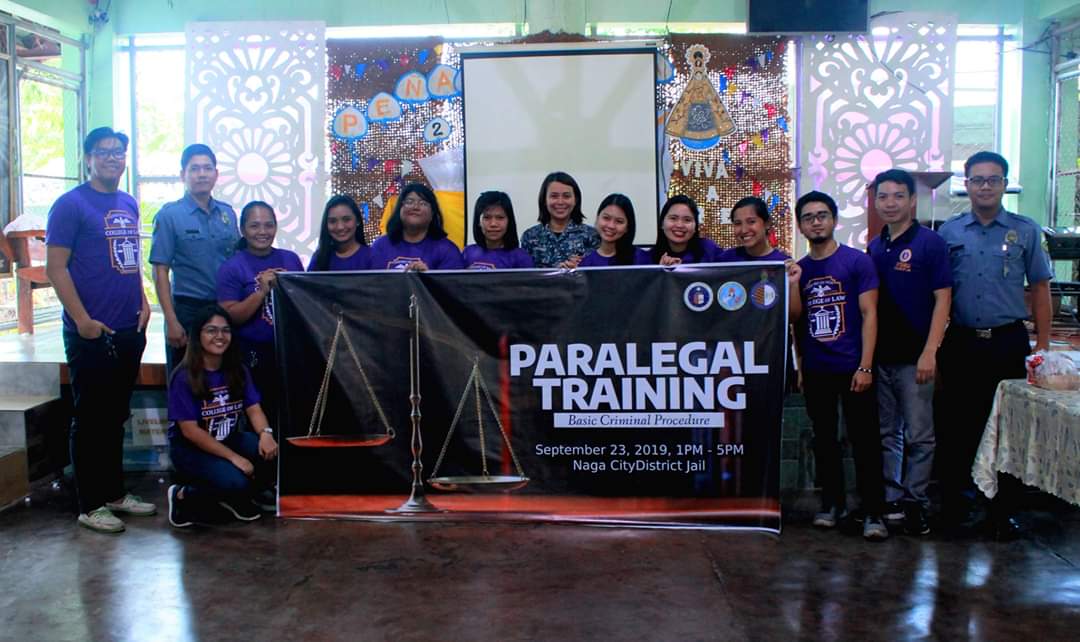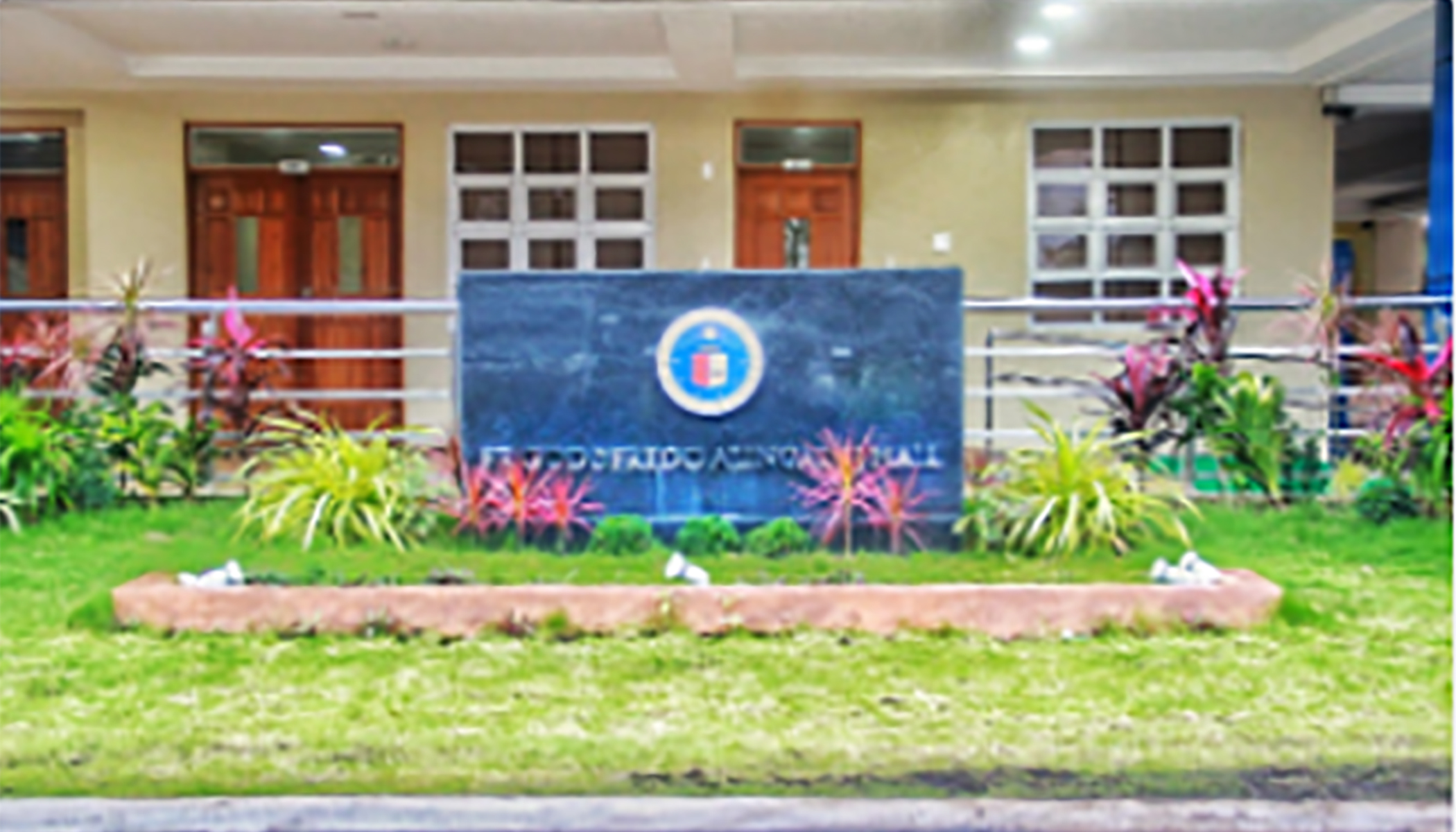The course focusing on important provisions of the Civil Code on Agency (Title X), Partnership (Title IX) and Trusts (Title V).

- Professor: Atty. Edward Florin
A study on the interplay of procedural laws in the resolution of civil disputes, with an in depth focus on the jurisdiction in civil actions, Rules 1 to 39 of the 1997 Rules of Court as amended, and small claims. The course also includes discussion of appropriate modes of dispute resolution such as mediation, barangay conciliation and the like. The study of the rules is supplemented by a study of applicable jurisprudence. The course also develops familiarity with relevant legal forms.

- Professor: Atty. Jesse Rainier Savilla
A study of the general principles of international law and an overview of the legal principles governing international relations based, among others, on the United Nations Charter, treaty law, the doctrines of well known and recognized publicists, and the decisions of international tribunals and bodies.

- Professor: Atty. Nathaniel Emil E. Legacion
A study of the key principles governing private corporations, including foreign corporations and the concept of doing business in the Philippines as found in the Corporation Code and other special laws. The course also includes an analysis of the applicable common law and commercial principles underlying the various relationships in the corporate setting, including joint ventures, with emphasis on the corporation being a medium for business enterprise and a means of providing for the equity investment market. The course includes the study of the basic and pertinent provisions of the Securities Regulation Code.

- Professor: Atty. Raziele Rañeses
A study of social legislation laws with a particular focus on labor rights and welfare. The course also touches on important provisions and jurisprudence on labor standards and relations under the Labor Code and special laws, as well as an introduction in the Rules of Procedure of the National Labor Relations Commission. The course also surveys social justice legislation to highlight the special protections for vulnerable sectors, key principles of agrarian reform laws, and welfare laws such as SSS and GSIS laws. The course is an integration of the previous Labor Law I, Labor Law II and Agrarian Law and Social Legislation courses.

- Professor: Atty. Dominick Adan R. Botor

- Professor: Raizel V. Dimaano
A course offering the study and analysis of the basic laws on property, including different classification of property and the modes of acquiring ownership. The course also covers the important principles governing titles and registration of real property under the Public Land Act. The course also integrates the key principles, discussion of important updates and trends and the relevant legal forms. The course is an integration of the previous Property, and Land Titles and Deeds courses.

- Professor: Atty. Arvin Paolo Cortez
